Marginpar grows summer flowers in three categories: Seasonals (available in certain seasons), Originals (year round available and in large numbers) and Specials (surprising 'niche' flowers in small numbers).
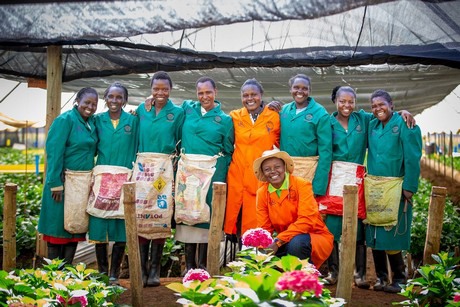
Kenya
Kenya has an ideal climate and passionate people. On their farms in Kenya, they use the Kaizen culture, or Hamuka. Within this culture, they grow people and their people grow flowers. On the seven production sites, they work on their unique products.
Ethiopia
The seasons in Ethiopia complement the seasons of Kenya. During drier periods in Kenya, Ethiopia enjoys a milder climate. This allows them to produce all year round with smart use of different climate zones.
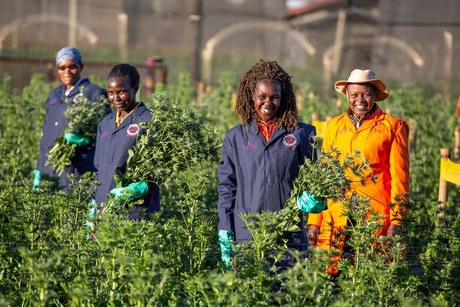
Tanzania
The climate of northern Tanzania is particularly good for their Clematis Amazing varieties and the Jatropha Fire Cracker. Their partner farms, at unique locations close to Kilimanjaro, have been working with them since 2002.
Zimbabwe
They have been growing their flowers in Zimbabwe since 1988. This is where the Marginpar story begins. They work together with three partner farms that grow their flowers under exclusive license in a unique niche climate. Here they grow Astrantia, Hypericum and Eryngium.
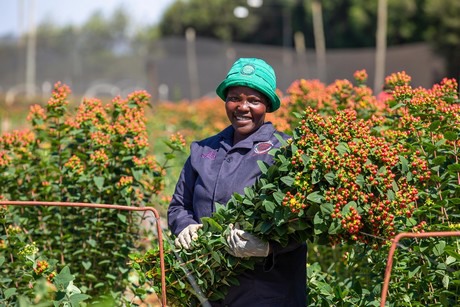
Environmental sustainability
They are a proud member of the FSI2020 initiative. FSI stands for Floriculture Sustainability Initiative. Together, they want to achieve a sustainable production of 90% for all plants and flowers. When it comes to environmental sustainability, there is still a lot of work to be done. At the moment, they look very closely at the ways pesticides and fertilizer are being used.
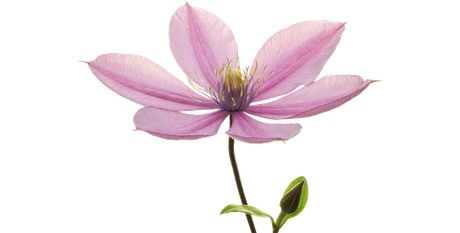
Community benefits
They have a corporate social responsibility. Marginpar has already invested heavily in social matters in recent years. For example, they assist the villages in the vicinity of their projects. They’ve helped build several schools and additional classrooms. They provide soap and other essentials to day care centers. They try to improve the roads. And if their employees make specific requests, they help them.
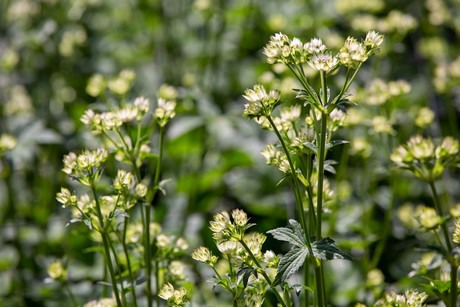
Labor benefits
They implemented a Japanese method of working: Kaizen. This management system allows staff participation and recommendations for improved production and farm operations. All the employees, from management to the persons in the field, develop a great sense of ownership in their work. As a result, the Marginpar Group has only a 3% turnover in its total staff, and 50% of positions are filled by women. There are issues with clean drinking water, so every employee is allowed to take five liters of clean water home each day. They have a nurse and a medical team on each farm. And each day, they provide a nutritious meal for all workers.
For more information: Marginpar
Marginpar
+31 (0)20 4536407
[email protected]
www.marginpar.nl
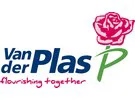 Van der Plas
Van der Plas
+31 (0)71 40 98 999
[email protected]
www.vdplas.com
